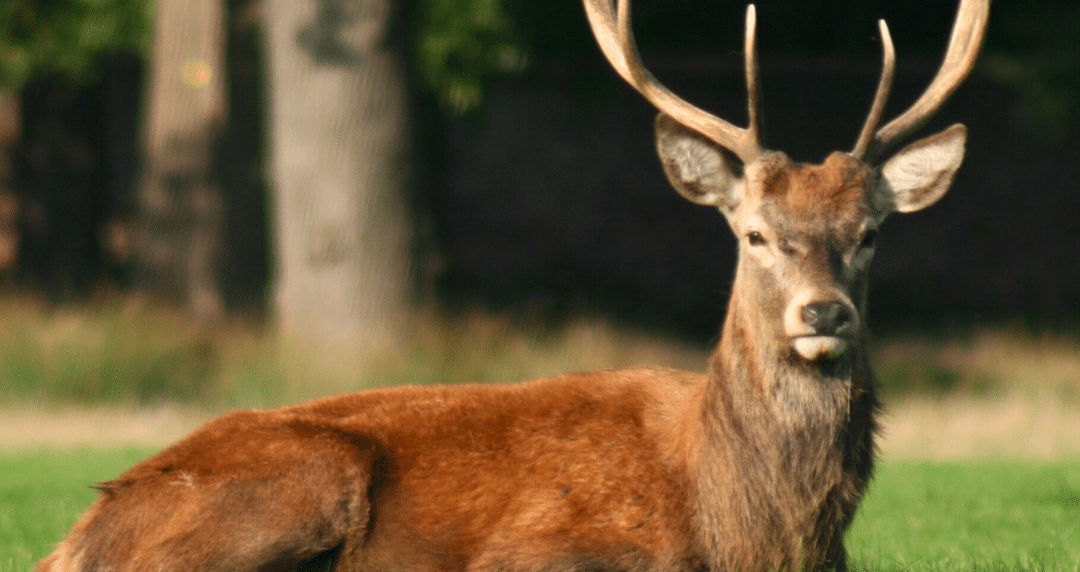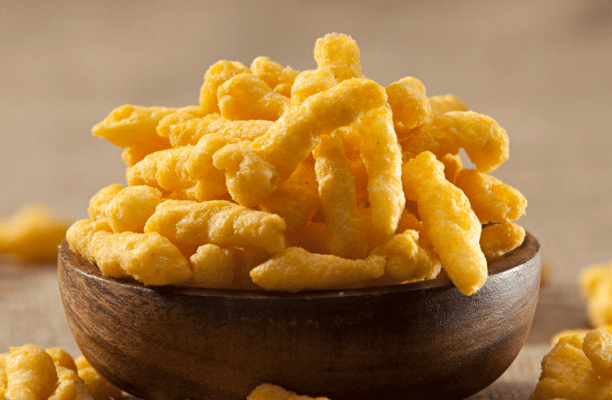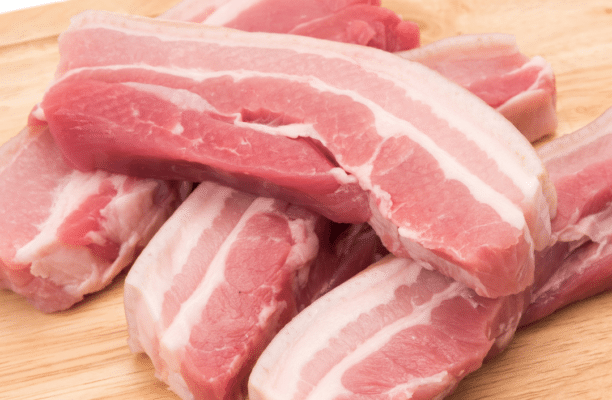Have you ever wondered if deer meat is halal? The topic of whether deer is permissible for consumption in accordance with Islamic dietary laws is a subject that raises curiosity and debate. In Islam, the concept of halal pertains to what is lawful or permitted, including the method of slaughter. When it comes to deer, known for its venison meat, the question of its halal status requires careful consideration.
Islamic scholars delve into the characteristics of deer, particularly their cud-chewing nature, to assess their halal status. The act of hunting deer and consuming their meat brings forth a nuanced discussion within the realm of halal food and drink. Understanding the guidelines set by Islamic law is crucial in determining the permissibility of deer meat for consumption.
In the pursuit of clarity regarding the halal status of deer meat, it is essential to recognize the significance of proper ritual slaughter. According to Islamic principles, the method of slaughter plays a fundamental role in establishing whether deer meat can be considered halal. This adherence to the prescribed ritual ensures that the animal is treated with respect and in compliance with Islamic dietary laws.
As you explore the culinary landscape and contemplate the consumption of deer meat, navigating the realm of halal food becomes an intriguing journey. Embracing the nuances of halal dietary guidelines sheds light on the considerations surrounding deer meat and its permissibility in Islamic teachings. Stay tuned to unravel the intricate details surrounding the question, “Is deer halal?”
Exploring the Halal Status of Deer Meat
When it comes to understanding the halal status of different types of meat in Islam, it’s essential to grasp the concept of Halal itself. Halal refers to what is permissible or lawful in traditional Islamic law. This concept not only encompasses dietary restrictions but also extends to various aspects of a Muslim’s life.
Understanding Halal in Islam
In Islam, the consumption of food plays a crucial role in maintaining spiritual and physical well-being. Halal dietary guidelines dictate what is permissible for Muslims to eat. The opposite of Halal is Haram, which refers to what is forbidden. For instance, pork is considered Haram and is prohibited in Islam.
Halal meat must meet specific requirements to be considered lawful for consumption. One of the crucial aspects is the method of slaughter. When it comes to slaughtering animals for Halal meat, the process, known as dhabiha, involves cutting the animal’s throat, carotid artery, and windpipe. This method is believed to allow the animal to bleed out quickly and minimize suffering.
Understanding the principles of Halal in Islam provides clarity on why certain practices are followed regarding the preparation and consumption of Halal meat. It’s a way for Muslims to ensure they adhere to their religious beliefs while maintaining a wholesome lifestyle.
Deer: The Majestic Animal in Question
Deer, with their graceful presence and gentle demeanor, hold a special place in the hearts of many nature enthusiasts. Let’s delve into the captivating characteristics of these majestic animals and explore the art of hunting deer.
Characteristics of Deer
- Appearance: Deer are known for their slender bodies, long legs, and distinct antlers that vary in size and shape among different species. Their fur can range in color from reddish-brown to grayish hues, providing excellent camouflage in their natural habitats.
- Habitat: These beautiful creatures inhabit a variety of environments, including forests, grasslands, and mountains. Deer are adaptable animals that can thrive in diverse ecosystems, from the dense woodlands to open meadows.
- Diet: Deer are herbivores, feeding on a diet primarily composed of vegetation such as grass, leaves, shoots, and fruits. Their browsing behavior plays a crucial role in shaping the vegetation within their habitats.
- Behavior: Known for their graceful movements, deer display social behaviors within their herds. They communicate through vocalizations, body language, and scent markings, maintaining a complex social structure that includes dominance hierarchies.

The Hunting of Deer
Hunting deer has been a traditional practice that dates back thousands of years, blending elements of survival, sport, and conservation. Today, deer hunting remains a popular outdoor pursuit for many enthusiasts seeking both sustenance and adventure.
Ethical Hunting Practices: Responsible hunters follow ethical guidelines to ensure the sustainability of deer populations and respect for the animals. Conservation efforts and wildlife management play a crucial role in maintaining healthy deer populations.
Sporting Challenge: Deer hunting provides a unique challenge that tests a hunter’s skills in marksmanship, tracking, and fieldcraft. The pursuit of deer requires patience, stealth, and respect for nature.
Culinary Delights: For many, hunting deer offers the opportunity to connect with the land and harvest organic, lean venison. The culinary rewards of preparing and savoring venison dishes add a flavorful dimension to the hunting experience.
Exploring the world of deer reveals a harmonious balance between nature, conservation, and the timeless pursuit of the hunt. Embrace the majesty of these creatures and the traditions that surround their existence.
Halal Guidelines for Consuming Meat
When it comes to determining whether meat is halal or permissible for consumption in Islam, there are specific guidelines that must be followed. Halal meat is not just about the method of slaughter but encompasses a broader set of rules and principles. Let’s delve into what makes meat halal and the certification and regulations surrounding it.
What Makes Meat Halal?
Halal meat is meat that is prepared and consumed following Islamic dietary laws. Key principles that define halal meat include:
Slaughtering Method: The animal must be slaughtered by a Muslim who is mentally sound and knowledgeable about Islamic slaughtering procedures.
Animal Prohibitions: Certain animals are considered impermissible to consume in Islam, such as pigs, dead animals, and predatory animals.
Prayer: A special invocation must be recited before or during the slaughter of the animal.
Blood Draining: The blood must be completely drained from the animal’s body.
Halal meat not only pertains to the method of slaughter but also to the cleanliness and purity of the meat itself. It emphasizes the humane treatment of animals and respect for the food consumed.
Is Deer Meat Hala?.
Deer meat is considered halal in Islam because deer are among the permitted animals for consumption according to Islamic dietary laws. In the Quran, Allah permits the consumption of the meat of herbivorous animals, except for those specifically mentioned as forbidden. Therefore, deer, being herbivores, are generally considered halal.
It’s important to note that as all Halal animals in Islam, deer meat (Halal Venison) is considered halal in Islam only when it is slaughtered according to Islamic way. This includes the method of slaughter, known as dhabihah, which involves swiftly cutting the throat and major blood vessels of the animal while reciting a dedication to Allah.
The method of slaughtering animals in Islam, known as zabiha or dhabihah, involves several key steps to ensure the meat is halal. Firstly, the person performing the slaughter must be a Muslim of sound mind and must invoke the name of Allah before making the cut. The slaughter must be performed by swiftly cutting the throat, windpipe, and blood vessels in the neck of the animal, ensuring a quick and humane death. This method is believed to minimize the animal’s suffering and is considered an essential aspect of halal meat preparation.

Certification and Regulations
Halal certification ensures that products, including meat, comply with Islamic dietary laws. The certification process involves rigorous checks and inspections to verify that the product meets halal standards.
Requirements: Halal certifications have specific requirements that must be met to ensure the product’s compliance with halal guidelines.
Process: Certification involves verifying the sources of ingredients, production methods, and ensuring no cross-contamination of haram (forbidden) substances.
Regulations: The certification process is overseen by halal certification bodies, which ensure that the products adhere to the Islamic dietary laws.
By understanding the principles of halal meat consumption and the certification processes, you can make informed choices about the meat they consume while adhering to their religious beliefs.
Examining the Halal Status of Deer Meat
You might be wondering about the halal status of deer meat, especially when it comes to Islamic dietary laws. Let’s delve into the perspectives of Islamic scholars on this matter.
Islamic Scholars’ Perspectives
When it comes to determining if deer meat is halal, Islamic scholars emphasize certain principles. They often refer to the Quran and Hadith to understand the guidelines set by Islam regarding permissible food.
- Understanding Halal Criteria: Islamic scholars highlight that for meat to be considered halal, the animal must be slaughtered in a specific way. This method, known as “Zabiha,” involves cutting the throat, windpipe, and blood vessels in the neck while invoking the name of Allah.
- Deer as Permissible Game: Some scholars classify deer as permissible game for consumption based on specific conditions. They consider factors such as the type of deer, the hunting method used, and whether the animal was slaughtered according to Islamic rules.
- Consensus Among Scholars: While opinions may vary among scholars from different schools of thought, there is a general consensus that if a deer is hunted or slaughtered in accordance with Islamic principles, its meat can be deemed halal for consumption.
- Consideration of Local Customs: Scholars also take into account local hunting practices and traditions when determining the halal status of deer meat. It is essential to adhere to Islamic guidelines while respecting regional variations in hunting and slaughtering practices.
In conclusion, the halal status of deer meat is dependent on how the animal is hunted and slaughtered, following the guidelines prescribed by Islamic teachings. Islamic scholars provide valuable insights into ensuring that dietary choices align with religious principles.
Conclusion
Is deer halal for consumption? In conclusion, deer meat is indeed considered halal in Islam. This designation is based on the animal’s natural characteristics and diet, aligning with the broader principles of halal consumption. When prepared in accordance with Islamic dietary laws, deer meat can be a delightful and permissible choice for those seeking to adhere to halal guidelines in their dietary choices.
Continual Learning and Awareness
As we journey through the realms of halal food consumption and Islamic jurisprudence, the quest for knowledge and understanding remains paramount. Engaging in dialogue, seeking clarification from scholars, and staying informed about the principles of halal are vital steps toward making conscientious choices in food consumption. Embracing a learning mindset fosters a deeper appreciation for the significance of halal practices in daily life.



